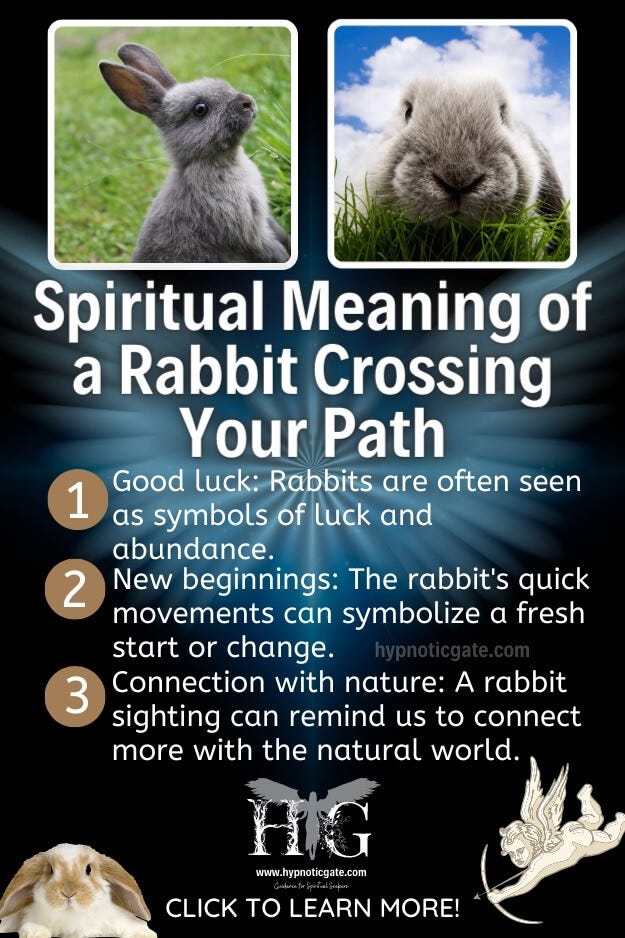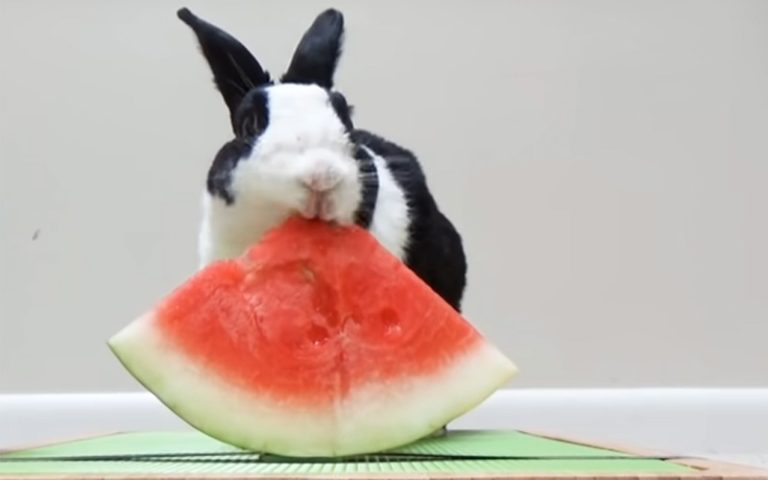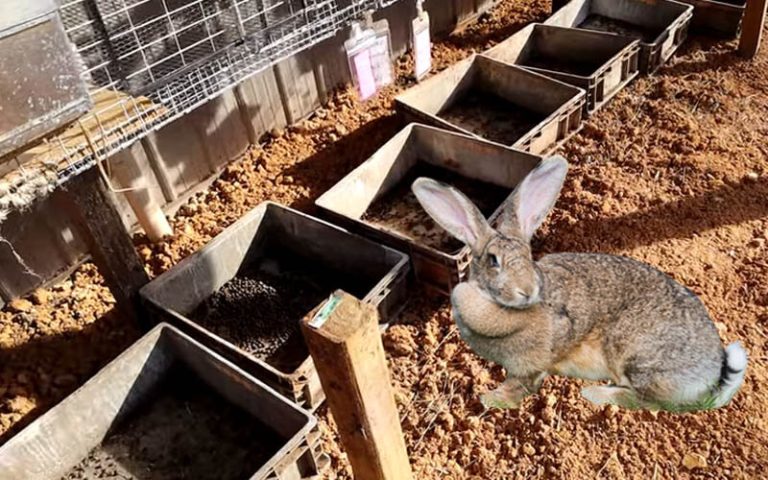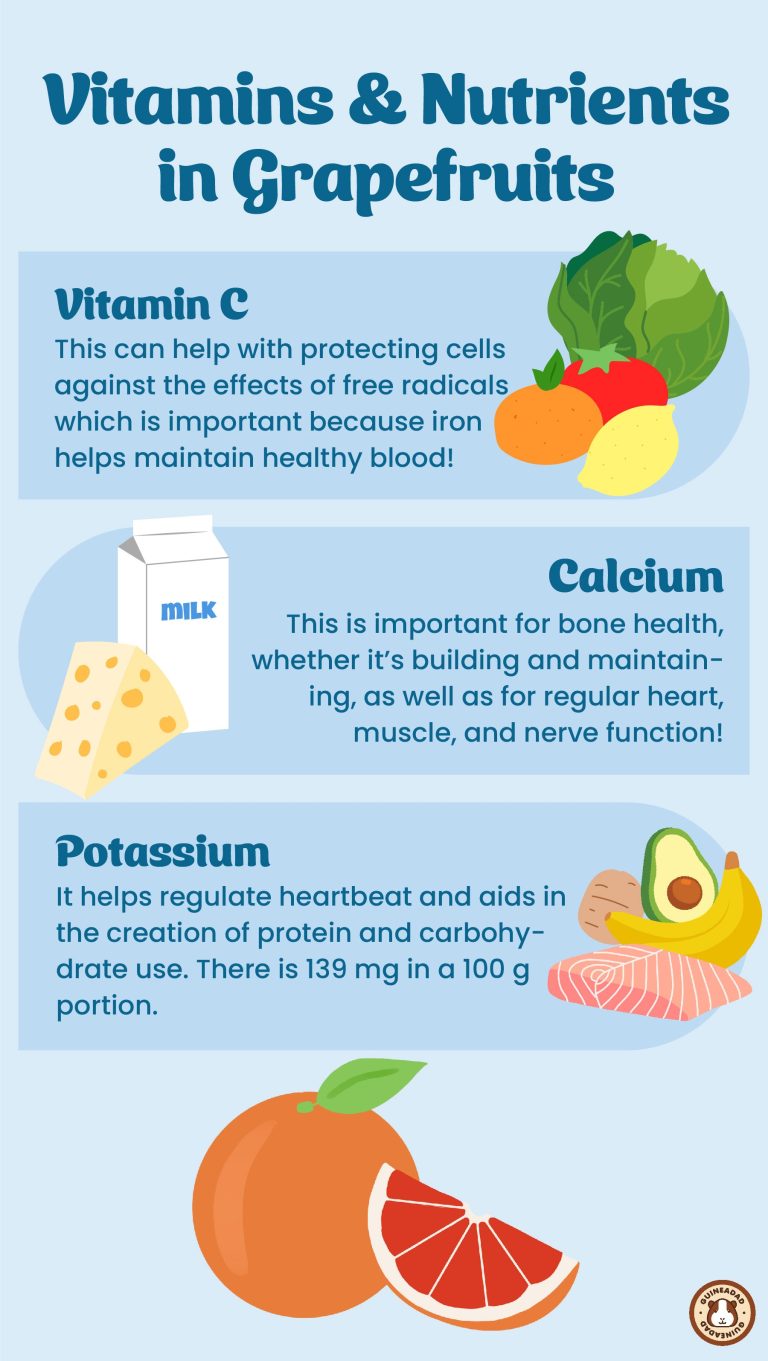Can Rabbits Eat Celery? Unveiling the Truth for Bunny Owners
Yes, rabbits can eat celery in moderation. Celery provides fiber and hydration but must be given in small amounts.
Celery is a safe and nutritious treat for rabbits. It contains essential vitamins like A, C, and K. These vitamins support overall health and immune function. Celery also offers a good amount of fiber, aiding in digestion and preventing gastrointestinal issues.
Its high water content helps keep rabbits hydrated. Always chop celery into small pieces to avoid choking hazards. Overfeeding can lead to digestive problems, so moderation is key.
Nutritional Value Of Celery
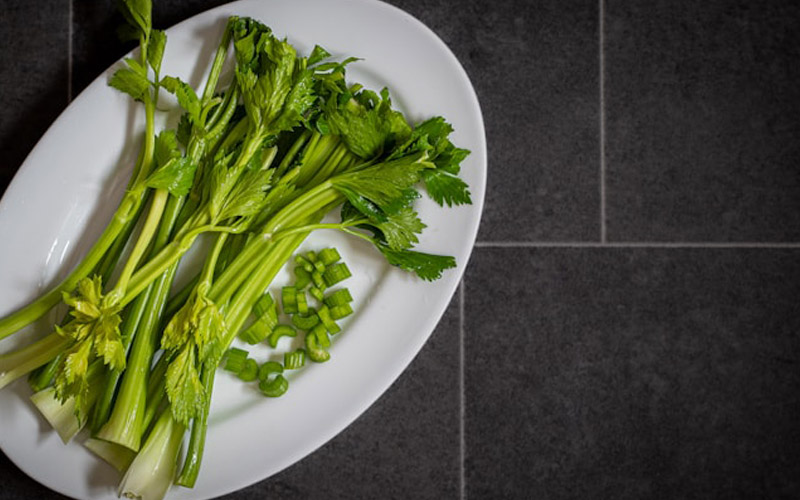
Celery is a healthy snack for rabbits. It contains many essential nutrients. These nutrients help keep your rabbit healthy and happy. Let’s explore the nutritional value of celery in detail.
Vitamins And Minerals
Celery is rich in important vitamins and minerals. These nutrients support your rabbit’s overall health. Here are some key vitamins and minerals found in celery:
- Vitamin A: Supports eye health and immune function.
- Vitamin K: Helps with blood clotting and bone health.
- Vitamin C: Boosts the immune system and skin health.
- Potassium: Regulates fluid balance and muscle function.
- Calcium: Essential for strong bones and teeth.
Fiber Content
Celery is high in dietary fiber. Fiber is essential for your rabbit’s digestive health. It helps prevent digestive problems and keeps your rabbit’s gut healthy. Here is a breakdown of the fiber content in celery:
| Nutrient | Amount per 100g |
|---|---|
| Dietary Fiber | 1.6g |
The fiber content in celery helps your rabbit feel full. It also promotes healthy digestion and prevents constipation.
Benefits Of Feeding Celery
Rabbits love munching on fresh veggies. Celery is a great choice. It offers many benefits for your rabbit’s health. Let’s explore some key advantages.
Hydration
Celery is mostly water. This helps keep your rabbit hydrated. Hydration is very important for rabbits. Proper hydration supports their overall health. It helps them maintain a healthy digestive system.
Here is a quick look at celery’s water content:
| Nutrient | Content |
|---|---|
| Water | 95% |
Low-Calorie Snack
Celery is a low-calorie snack. This makes it perfect for rabbits. It helps in maintaining their weight. Avoiding obesity is crucial for rabbit health.
Here are some benefits of a low-calorie diet for rabbits:
- Prevents obesity
- Supports active lifestyle
- Reduces risk of diabetes
Offering celery to your rabbit can be a great treat. Just ensure it is given in moderation. A balanced diet is key for a happy, healthy rabbit.

Credit: www.centralvichay.com
Potential Risks Of Celery
Feeding celery to rabbits can have potential risks. Understanding these risks helps in keeping your rabbit safe and healthy. Below are some key concerns to be aware of.
Digestive Issues
Rabbits have sensitive digestive systems. Eating too much celery can cause digestive problems. The high water content in celery can lead to diarrhea. Diarrhea can dehydrate your rabbit quickly.
Celery also contains a lot of fiber. While fiber is good in moderation, too much can cause bloating. Bloating is very uncomfortable for rabbits. It can also lead to more serious health problems.
Pesticide Concerns
Celery often has pesticides on its surface. Pesticides are chemicals used to kill pests. These chemicals can be harmful to your rabbit. Always wash celery thoroughly before feeding it to your rabbit.
Organic celery is a safer option. Organic produce usually has fewer pesticides. This reduces the risk of chemical exposure for your rabbit.
| Risk | Description | Prevention |
|---|---|---|
| Digestive Issues | Diarrhea and bloating | Feed in moderation |
| Pesticide Concerns | Harmful chemicals | Use organic or wash well |
- High water content can cause diarrhea.
- Excessive fiber may lead to bloating.
- Pesticides are harmful if not removed.
- Feed celery in small amounts.
- Wash celery thoroughly.
- Consider organic celery.
How To Safely Introduce Celery?
Introducing new foods to your rabbit’s diet requires careful attention. Celery can be a healthy addition, but you must do it right. This section will guide you on how to safely introduce celery to your rabbit’s diet.
Proper Portions
Start with small amounts of celery. Offer a small piece first. This will help gauge your rabbit’s interest and reaction.
- Begin with a piece about one inch long.
- Feed celery as a treat, not a main meal.
- Gradually increase the portion size.
Too much celery can cause digestive issues. Always balance celery with other veggies.
Observation For Reactions
Watch for any changes in your rabbit’s behavior. Look for signs of discomfort or illness.
| Sign | Possible Issue |
|---|---|
| Diarrhea | Too much celery |
| Loss of appetite | Dislike or digestive trouble |
| Lethargy | Possible digestive issue |
Stop feeding celery if you notice any of these signs. Consult your vet if symptoms persist.
Introducing celery to your rabbit’s diet can be safe and beneficial. Just follow these guidelines for a happy and healthy bunny!
Alternatives To Celery
Rabbits enjoy a variety of vegetables in their diet. While celery is safe, there are many other options. Let’s explore some alternatives to celery that are both safe and nutritious for your rabbit.
Other Safe Vegetables
Rabbits need a balanced diet, and vegetables play a key role. Here are some safe vegetables you can offer:
- Kale: Rich in vitamins A, C, and K.
- Spinach: Packed with iron and calcium.
- Romaine Lettuce: Good source of fiber and water.
- Bell Peppers: High in vitamin C and antioxidants.
- Carrots: Great for occasional treats, high in beta-carotene.
- Broccoli: Contains vitamins C and K, but feed in moderation.
Treats To Avoid
Not all treats are safe for rabbits. Some can be harmful or cause digestive issues. Here are some treats to avoid:
- Chocolate: Toxic and can be fatal.
- Avocado: Contains persin, which is toxic to rabbits.
- Iceberg Lettuce: Contains lactucarium, which can cause diarrhea.
- Rhubarb: Leaves and stems are toxic.
- Onions: Can cause hemolytic anemia.
- Garlic: Can damage red blood cells.
By providing a variety of safe vegetables and avoiding harmful treats, you can keep your rabbit healthy and happy.
Signs Of A Healthy Rabbit
Knowing the signs of a healthy rabbit is essential. These signs help you ensure your pet is thriving. A healthy rabbit is a happy rabbit. Look for these signs to keep your bunny in top shape.
Active Behavior
Healthy rabbits are active and playful. They enjoy hopping around and exploring. They show curiosity about their surroundings. A lively rabbit indicates good health.
- Regularly hopping and jumping
- Exploring new areas
- Playing with toys
Healthy Fur And Eyes
Check the fur and eyes of your rabbit. Their fur should be smooth and shiny. There should be no bald spots or mats. Healthy eyes are clear and bright. They should not have discharge or redness.
| Fur | Eyes |
|---|---|
| Shiny and smooth | Clear and bright |
| No bald spots | No discharge |
| No mats | No redness |

Credit: m.youtube.com
Consulting A Veterinarian
When introducing new foods to your rabbit’s diet, always consult a veterinarian. This ensures your rabbit stays healthy and happy. A vet can provide expert advice on whether celery is suitable for your rabbit.
When To Seek Advice
If your rabbit shows signs of digestive issues, seek advice immediately. Symptoms include diarrhea, bloating, or a decrease in appetite. A veterinarian can determine if celery is the cause. Additionally, they can suggest alternative vegetables if needed.
Regular Health Check-ups
Regular health check-ups are essential for your rabbit’s well-being. During these visits, discuss your rabbit’s diet with the vet. Ask about the benefits and risks of feeding celery to your rabbit. Regular check-ups help in the early detection of any health issues.
| Symptoms | Action |
|---|---|
| Diarrhea | Consult a vet immediately |
| Bloating | Seek veterinary advice |
| Decrease in appetite | Visit a veterinarian |
- Expert advice: Vets provide tailored dietary plans.
- Health monitoring: Regular check-ups ensure long-term health.
- Early detection: Identify potential issues before they become serious.
By consulting a veterinarian, you ensure your rabbit’s diet is balanced. This keeps your rabbit healthy and active. Always follow professional advice for the best results.
Frequently Asked Questions
Give your rabbit one or two small celery sticks per week. Monitor for any digestive issues. Avoid overfeeding.
Rabbits can eat celery in moderation. Too much celery can cause digestive issues due to its high water content.
Rabbits should avoid eating potatoes, onions, garlic, rhubarb, and iceberg lettuce. These vegetables are toxic to them.
Rabbits generally prefer carrots over celery due to their sweet taste. Carrots should be given in moderation. Celery is also safe but should be cut into small pieces to prevent choking. Both vegetables should be part of a balanced diet.
Conclusion
Rabbits can safely eat celery in moderation. It provides essential nutrients and keeps them hydrated. Always introduce new foods slowly. Monitor your rabbit for any adverse reactions. Celery should complement a balanced diet of hay, vegetables, and pellets. By doing so, you ensure your rabbit remains healthy and happy.


